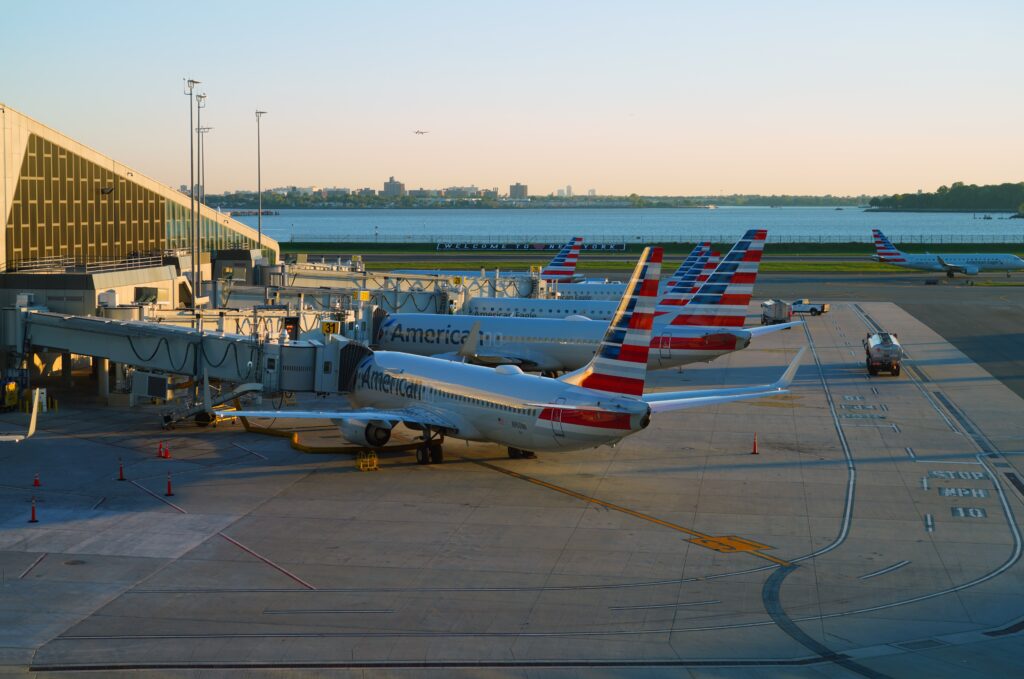Former President Donald Trump has revived and widened one of his most controversial initiatives, unveiling a proclamation that fully bars citizens of 12 nations from obtaining new U.S. visas and places much tighter screening on travelers from seven additional countries. The measure, effective immediately and lacking a sunset clause, follows a year-long audit of international identification standards, stolen-passport reporting and visa-overstay rates.
Trump framed the action as a “necessary firewall” against terrorism and pandemics, arguing that several foreign governments refuse either to repatriate deportees or to share biometric data. Senior Homeland Security officials said all 19 nations missed at least two security benchmarks; critics counter that the administration cherry-picked indicators to match a campaign pledge. The White House insists the list is “religiously neutral,” but 15 of the affected countries still have Muslim majorities. Democratic lawmakers have already promised hearings on what they call the order’s “thin factual basis.”
Countries Covered And Available Exemptions
Visa suspensions now apply to citizens of Afghanistan, Myanmar, Chad, Republic of Congo, Equatorial Guinea, Eritrea, Haiti, Iran, Libya, Somalia, Sudan and Yemen. A second tier—Burundi, Cuba, Laos, Sierra Leone, Togo, Turkmenistan and Venezuela—faces prolonged interviews, additional document checks and presumptive denials unless applicants secure narrow waivers.
Exemptions are limited: lawful permanent residents, dual nationals traveling on an unlisted passport, diplomats, United-Nations personnel and athletes in sanctioned events may still enter. Waivers can also cover lifesaving medical treatment or fully funded academic exchanges, but consular officers must obtain written clearance from Washington before approval— a step immigrant-rights attorneys call “functionally prohibitive.” Humanitarian parole was formally retained, yet aid groups predict requests will stall because consulates must first prove the traveler poses “minimal security risk” under the new metrics.
How The 2025 Order Differs From The 2017 Ban
Unlike the rapid 2017 “Muslim ban,” which triggered airport chaos and a wave of lawsuits before a trimmed version survived Supreme Court review, the 2025 directive was rolled out with advance coordinatio
n. Airlines received revised boarding codes three days early, and embassies were instructed not to revoke visas already stamped into passports, limiting scenes of stranded travelers. The State Department simultaneously released a 25-page compliance guide that lists objective benchmarks—biometric-data sharing, electronic passports and acceptance of deported nationals—that countries must meet to escape the restrictions.
While officials emphasize that the new selection formula is “purely data-driven,” civil-liberties groups argue it still targets Muslim-majority states disproportionately and point out that several better-performing nations with similar overstay rates were left untouched.
Domestic And International Reactions
Reaction has been immediate and polarized. Immigration-hardliners, including Texas Governor Greg Abbott, hailed the proclamation as “common-sense triage” that puts pressure on “non-cooperative regimes.” Business coalitions, universities and technology firms warned that the policy could choke skilled-worker pipelines just as Washington courts investment in advanced manufacturing and artificial intelligence.
They note that nationals from the listed countries received roughly 75 000 student and employment visas last year, many in STEM fields. Human-rights advocates, including the ACLU and Amnesty International, called the measure collective punishment that “villifies communities seeking safety.” Several affected governments summoned U.S. ambassadors for explanations: Haiti labeled the ban discriminatory, Venezuela decried a “stigmatization campaign,” and Chad threatened reciprocal Visa restrictions.
Legal challenges are already taking shape in federal courts; their success may hinge on whether judges accept overstay and data-sharing statistics as a compelling national-security rationale. For now, consular officers have begun applying the new rules, and would-be travelers are urgently reshuffling plans in a landscape that shifted overnight.


